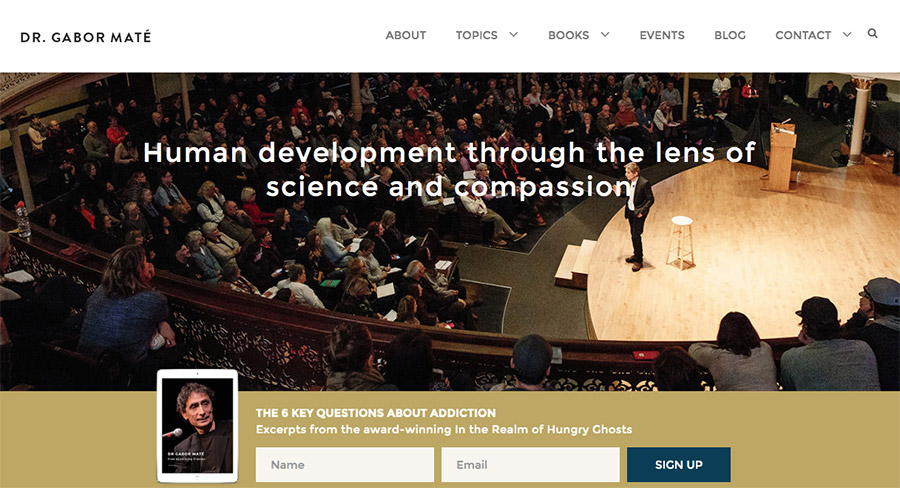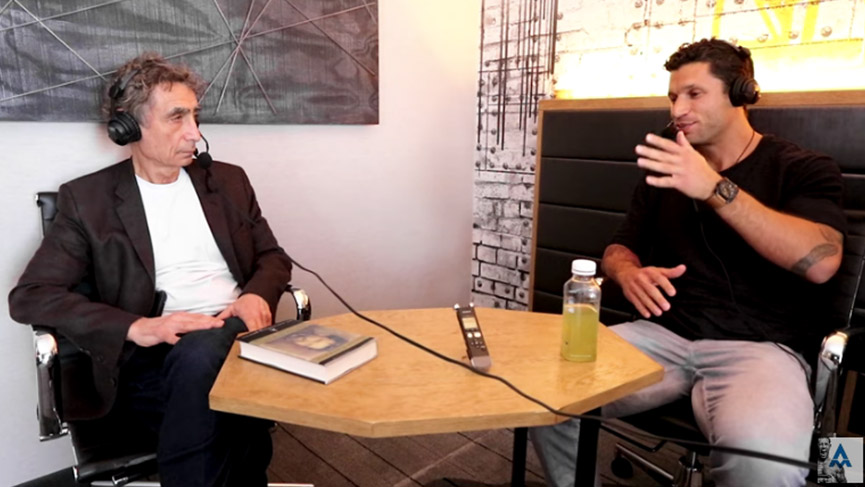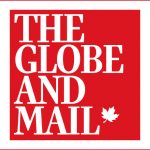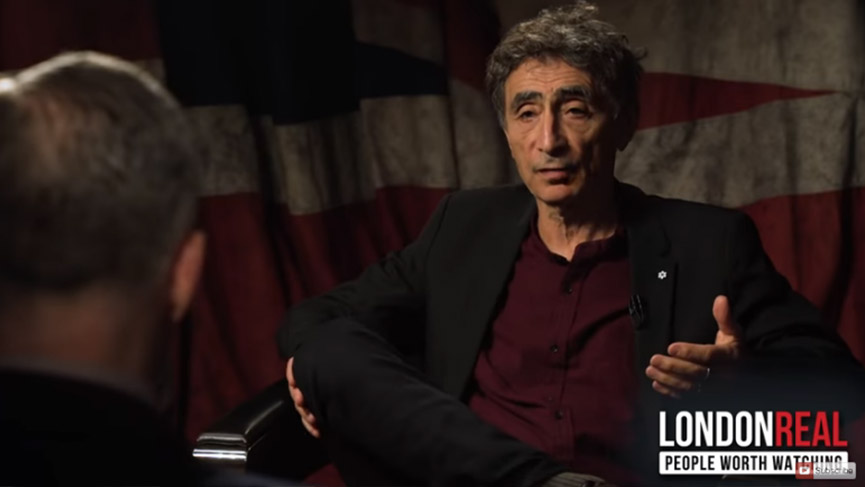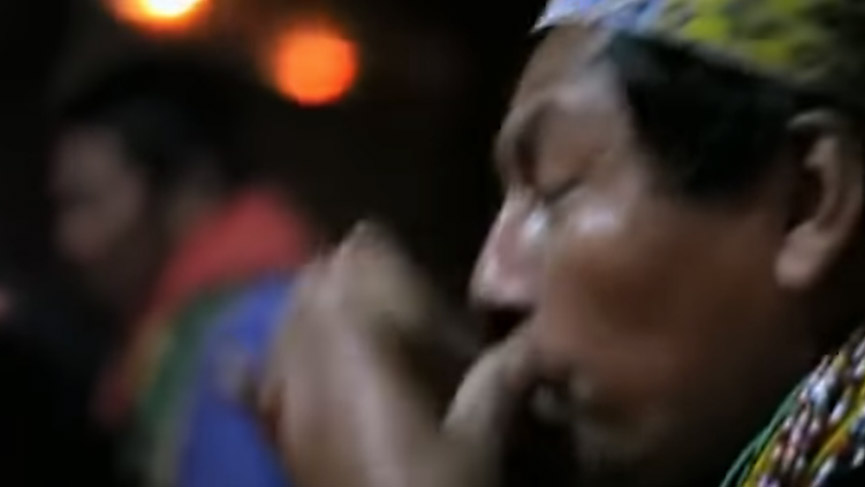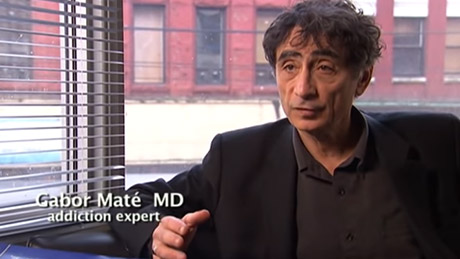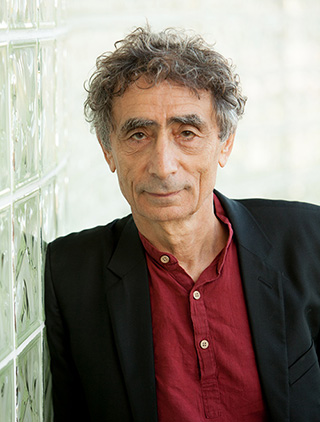 Gabor Maté (pronounced GAH-bor MAH-tay) is a retired physician who, after 20 years of family practice and palliative care experience, worked for over a decade in Vancouver’s Downtown East Side with patients challenged by drug addiction and mental illness. The bestselling author of four books published in twenty-five languages, Gabor is an internationally renowned speaker highly sought after for his expertise on addiction, trauma, childhood development, and the relationship of stress and illness. His book on addiction received the Hubert Evans Prize for literary non-fiction. For his groundbreaking medical work and writing he has been awarded the Order of Canada, his country’s highest civilian distinction, and the Civic Merit Award from his hometown, Vancouver. His books include In the Realm of Hungry Ghosts: Close Encounters With Addiction; When the Body Says No; Exploring the Stress-Disease Connection; Scattered: How ADD Originates and What You Can Do About It; and (with Gordon Neufeld) Hold on to Your Kids: Why Parents Need to Matter More Than Peers. To learn more, join his e-news here: https://www.drgabormate.com.
Gabor Maté (pronounced GAH-bor MAH-tay) is a retired physician who, after 20 years of family practice and palliative care experience, worked for over a decade in Vancouver’s Downtown East Side with patients challenged by drug addiction and mental illness. The bestselling author of four books published in twenty-five languages, Gabor is an internationally renowned speaker highly sought after for his expertise on addiction, trauma, childhood development, and the relationship of stress and illness. His book on addiction received the Hubert Evans Prize for literary non-fiction. For his groundbreaking medical work and writing he has been awarded the Order of Canada, his country’s highest civilian distinction, and the Civic Merit Award from his hometown, Vancouver. His books include In the Realm of Hungry Ghosts: Close Encounters With Addiction; When the Body Says No; Exploring the Stress-Disease Connection; Scattered: How ADD Originates and What You Can Do About It; and (with Gordon Neufeld) Hold on to Your Kids: Why Parents Need to Matter More Than Peers. To learn more, join his e-news here: https://www.drgabormate.com.
We are honored to have Dr. Gabor join the Soltara advisory team and lend his expertise to our project. From his vast medical experience to his deep understanding of trauma work, mental illness, addiction, and plant medicine healing, Dr. Gabor assists us in our mission of providing education, integration and a safe space for holistic healing.

